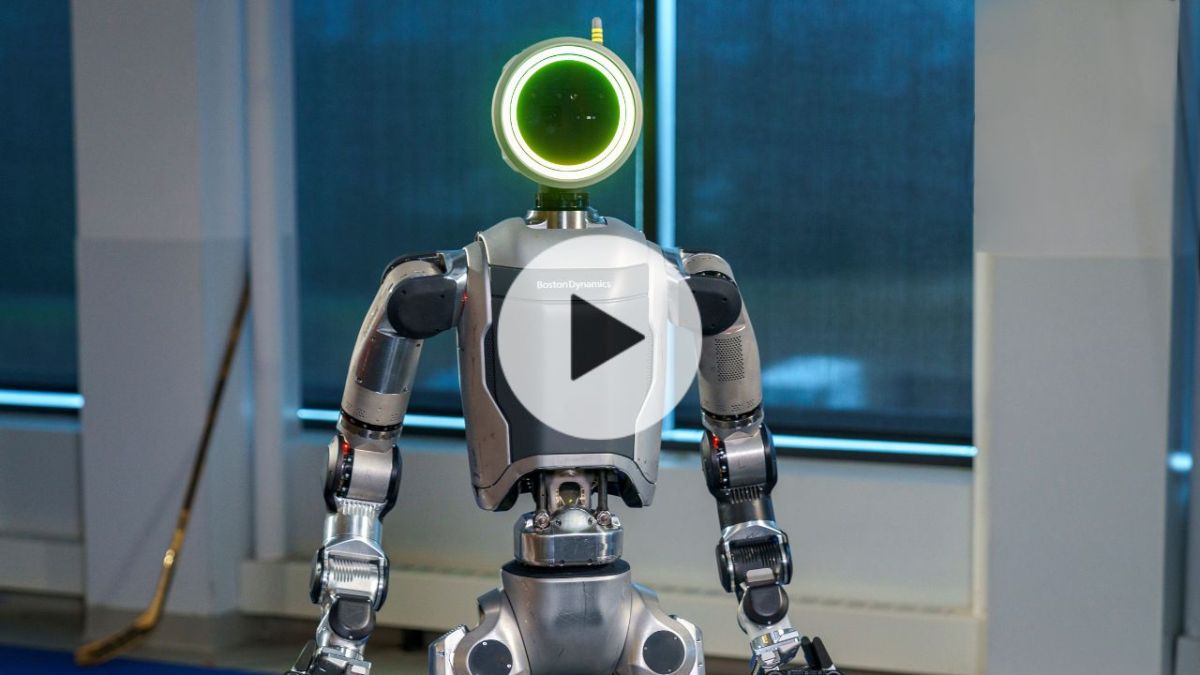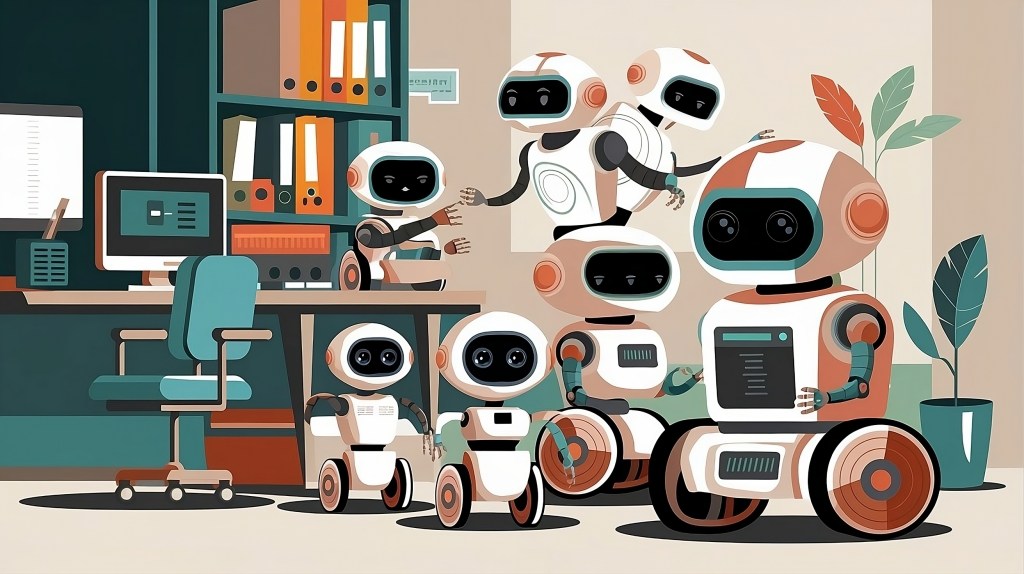Watch: New Atlas robot stuns experts in first reveal from Boston Dynamics
This week Boston Dynamics retired its well-known Atlas robot that was powered by hydraulics. Then today it unveiled its new Atlas robot, which is powered by electricity.
The change might not seem like much, but TechCrunch’s Brian Heater told the TechCrunch Minute that the now-deprecated hydraulics system was out of date. It’s not hard to spot why Boston Dynamics, owned by Hyundai, wanted to go electric. Its new Atlas robot is leaner, and appears to have improved range-of-motion. Size and ability to contort and maneuver are not cosmetic elements to a humanoid robot — they can unlock new use cases and possible work environments.
The new Atlas is not incredibly well-defined today, which is not a massive surprise given that it’s still a work in progress. Still, we do know that it will first head to Hyundai factories before hitting the market more generally down the road.
Happily for those of us who want a domestic robot to handle household chores and hold our hands whilst we cry, there are other startups working on the humanoid robot project. Figure, Agility, Tesla, there are too many companies vying for the same prize to note in this short post. Which has me incredibly excited — more people working on the problem means quicker progress, and hopefully faster completion of a general purpose humanoid robot that can learn.
On that last bit, it’s worth keeping in mind that AI is set to play a large role in how robots go from being great at set, repetitive tasks to being able to learn, and do a great deal more without direct programming. While it will take time for LLMs’ ability to ingest language, write code, and the like to connect to robots under development today, you can spot the future if you squint far enough into the distance. To which all I can say is, faster, please!



